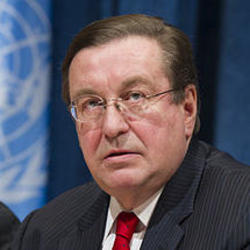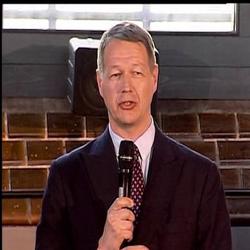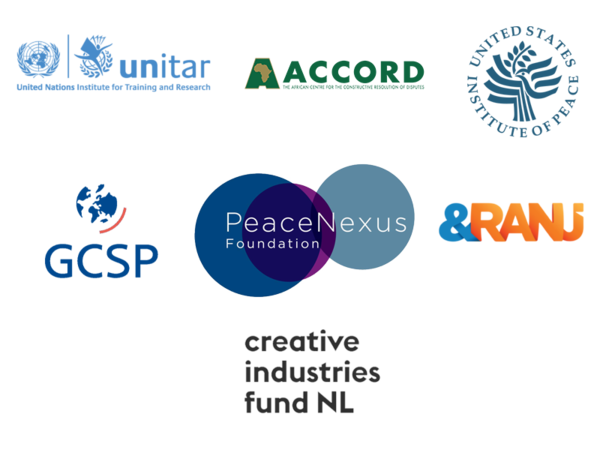Mission Zhobia
Approximately 1.4 billion people live in countries that suffer from conflict and turmoil and peacebuilding remains one of the world’s biggest challenges. Peacebuilding practitioners are well steeped in their technical field of expertise, but are much less well trained in maneuvering through complex socio-political realities. This game serves as a safe space in which practitioners can practice their competencies in a virtual environment.
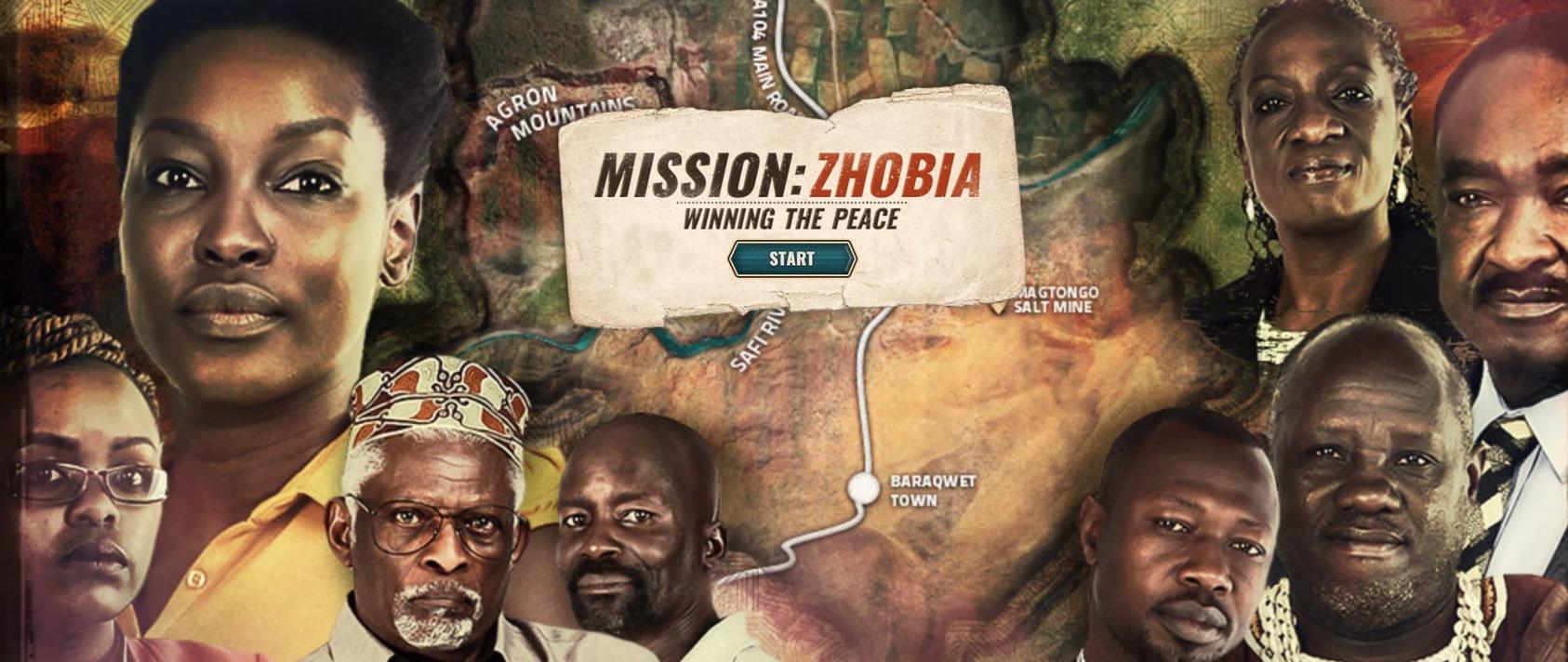
Game Experience
Players deploy to a fictitious country recently devastated by violent conflict, tasked with the important mission to strengthen the rule of law in the country. Players need to take decisions on the location of a court house, the type of legal system to support, and the people to train. Players will face challenges such as low capacity of institutions; lack of trust by the population in the government; flare-up of conflict, and highly divergent perspectives on how justice can and should be delivered to the population.
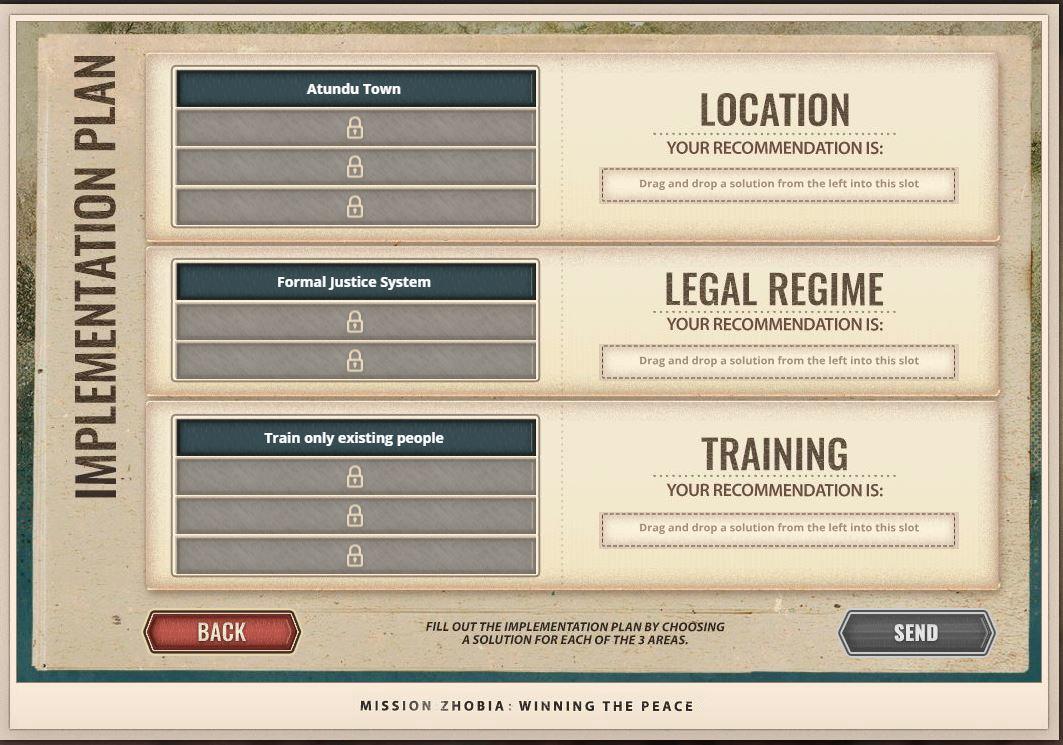
Learning Objectives
Practitioners who are being deployed to conflict-affected settings require strong peacebuilding competencies to engage in a conflict-sensitive manner. This game aims to teach the key peacebuilding competencies.
This game intends to strengthen these peacebuilding competencies:
- Conducting context and conflict analysis on an on-going basis;
- Identify and analyse stakeholder perspectives, views and interests;
- Engage effectively in dialogue and build trust with stakeholders;
- Actively engage local stakeholders in finding solutions that fit the context; and
- Use the analysis and insight gained to reflect on the implicit theory of change and adjust programming accordingly.
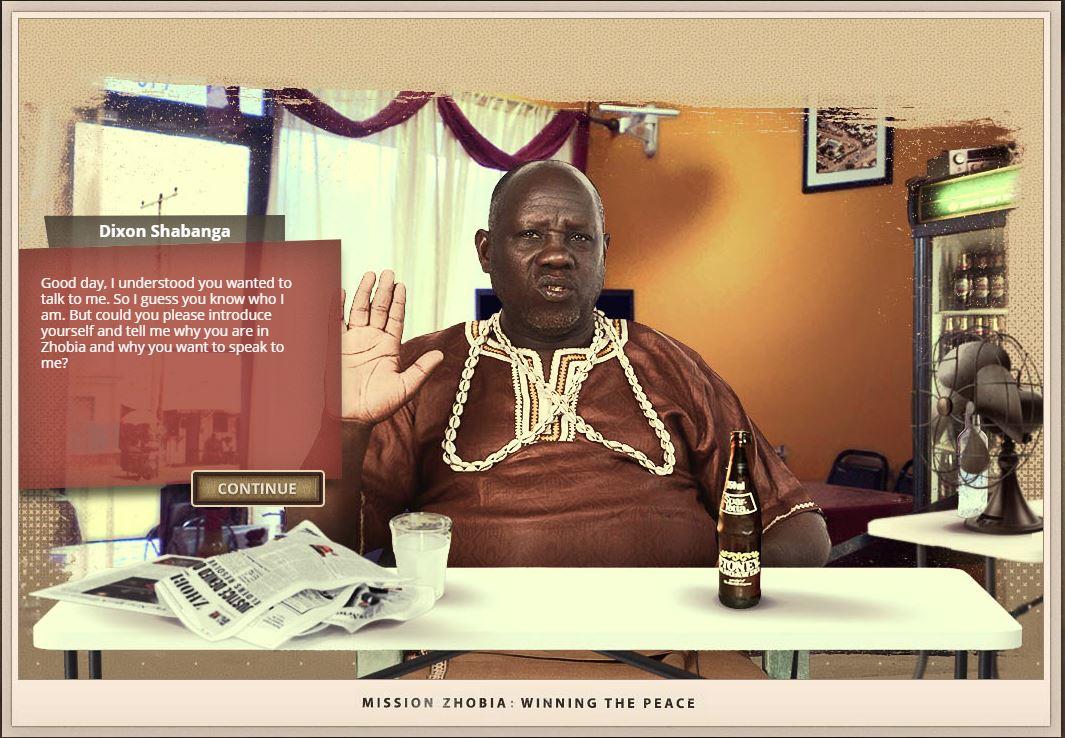
Learn More
Testimonials
"As a strong supporter of using innovative technology to facilitate continuous learning, I look forward to seeing this game fully developed and ready for action. It will help those in the peacebuilding community understand how, in real terms, we work to build strong rule of law institutions in conflict-affected countries." - Dmitry Titov, Former Assistant Secretary-General for Rule of Law and Security Institutions, Department of Peacekeeping Operations, United Nations
“As the Chairman of the EU Committee for Civilian Aspects of Crisis Management, I have always underlined the importance of training both the civilian experts to be deployed to our missions as well as the staff working at HQs in Brussels and the Capitals. I very much welcome the idea of this innovative concept and look forward to it being made available to the crisis management community soon.” - Mika-Markus Leinonen, Former CIVCOM Chair, European External Action Service, European Union
“Mission Zhobia is a much-needed innovation to enhance peacebuilding skills among actors working in conflict-affected settings. Peacebuilding is an art and Mission Zhobia demonstrates that in many ways. The game simulates very realistic and common challenges of working in countries affected by conflict, such as rapidly changing political circumstances, low capacities, lack of trust and tense rivalries. I highly commend the PeaceNexus Foundation for taking this initiative and developing this tool with and its partners and I hope that many will start playing this game." - Mr. Oscar Fernandez-Taranco, Assistant Secretary-General for Peacebuilding Support
Partners
Initiated by the PeaceNexus Foundation, a consortium of international peacebuilding institutions.
Who Can Play?
The game is available to play for free online. The member organisations hope it will help those working in conflict-affected contexts to be better able to analyse the environment and to engage in a more conflict sensitive way. Members of the general public who are interested in understanding and navigating the challenges faced by working in a peacebuilding environment are invited to play the game too.
